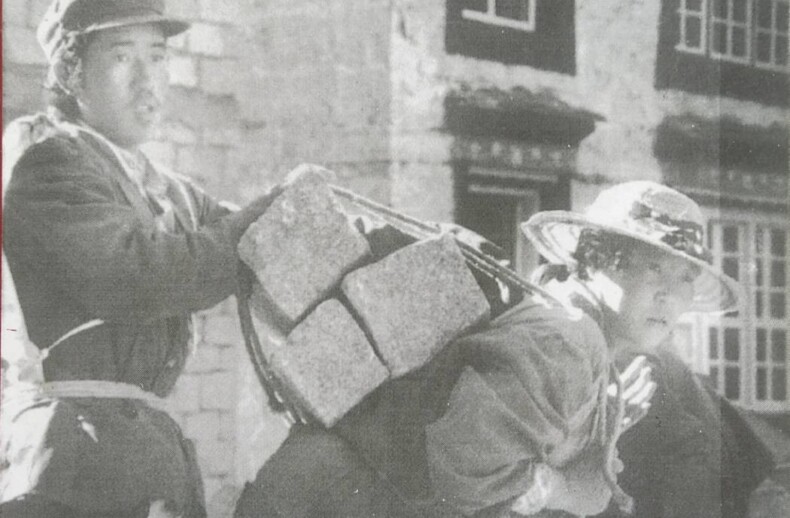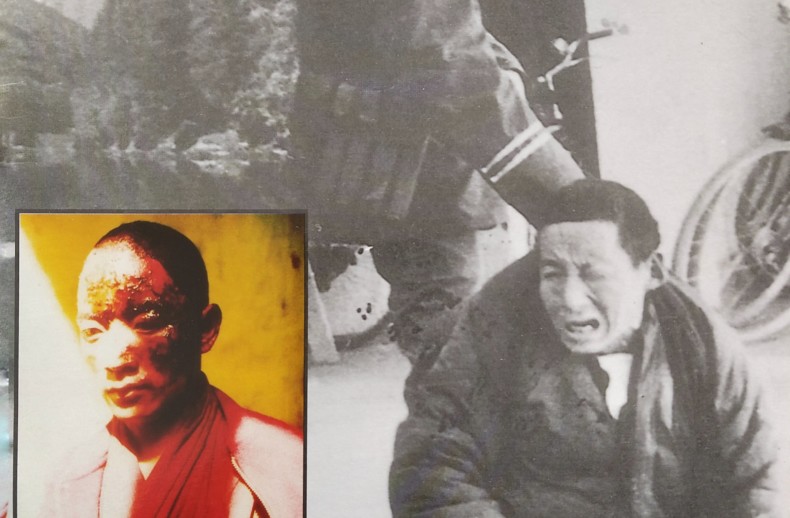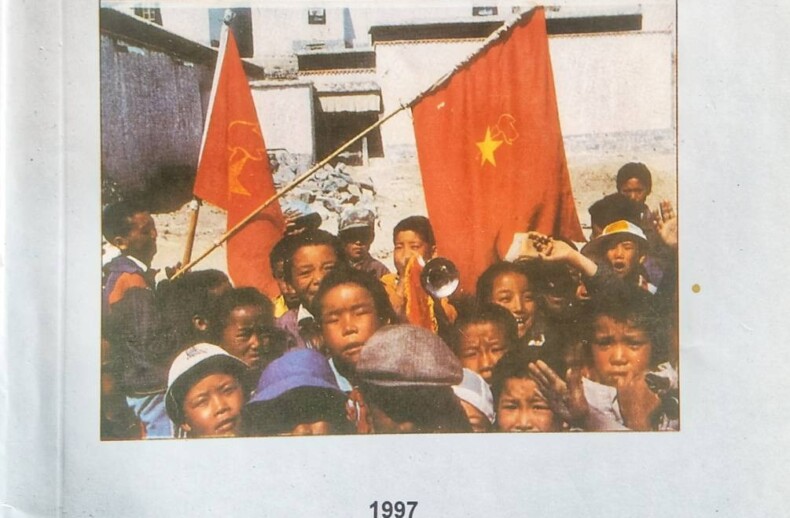A report released by the Tibetan Centre for Human Rights and Democracy (TCHRD) today describes wide-spread and systematic violations by the People’s Republic of China (PRC) of Tibetan children’s rights to education. “The Next Generation: The State of Education in Tibet Today”, a 100 page report based on interviews conducted in Spring 1997 with 50 Tibetan children who have fled from Tibet in the previous two or three years, reveals the imposition of prohibitively high school fees, the phasing out of Tibetan language and culture, discrimination, indoctrination lessons and excessively cruel punishments.
The children interviewed by TCHRD ranged in age from 9 to 21 years and represented all three provinces of Tibet. Ninety-six percent of them had fled Tibet for reasons of education, generally under the most hazardous conditions and at great financial and personal cost to their family.





